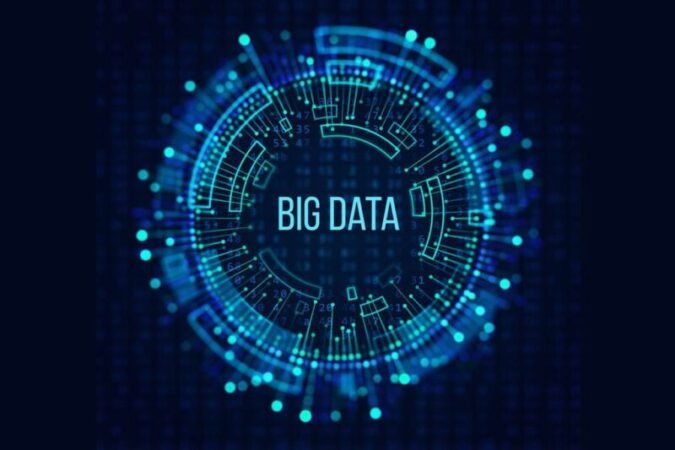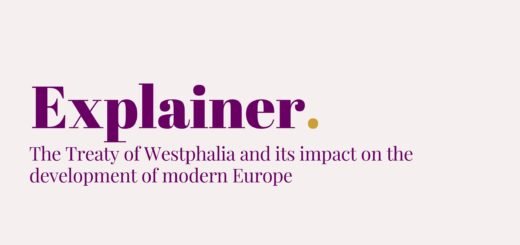How Big Data Is Shaping Workspace

Big data refers to the large and complex sets of information that organizations and individuals collect, store, and process. It encompasses everything from social media posts to sensor data from the Internet of Things, to financial and healthcare records. In cyberspace, big data is shaping the way we interact with technology and the way businesses operate.
It is often used to describe data sets with sizes beyond the ability of traditional relational databases to capture, store, manage and analyze. The data can come from a variety of sources, including social media, sensors, and log files. It can be in the form of text, images, audio or video. Big Data has the potential to revolutionize many industries, such as healthcare, finance, and retail. For example, in healthcare, it can be used to track and analyze patient data in real-time, allowing doctors to make more informed decisions about patient care. Similarly, in finance, it can be used to detect fraud and prevent financial crimes. In retail, Big Data can be used to optimize inventory management and predict consumer behaviour.
Looking into the domain of cyberspace, Big Data is revolutionising through its ability to provide insights and intelligence. With the ability to process and analyze vast amounts of data, companies can gain a better understanding of their customers, their markets, and their own operations. This allows them to make more informed decisions, improve their products and services, and stay ahead of their competitors. Big data is also being used to improve cybersecurity. By analyzing vast amounts of data, organizations can identify patterns and anomalies that may indicate a cyber attack. This allows them to quickly detect and respond to threats, reducing the impact of cyber attacks. Big data is also being used to improve fraud detection, allowing organizations to quickly identify and prevent fraud.
Big data is also shaping the way we consume and interact with media, as it allows for the personalization of content and more targeted advertising. Social media platforms like Facebook and Google, for example, use big data to personalize the content that is shown to users, increasing the chances of them engaging with the content. It is also impacting the way we interact with technology, as it helps make the technology we use more intuitive, more responsive and more personalized. For example, big data is used to improve voice recognition technology, which allows devices like smartphones and home assistants to understand natural language.
However, big data also comes with some concerns related to privacy and security. The vast amount of data being collected and analyzed means that personal information is at a higher risk of being compromised. Additionally, the use of big data also raises ethical concerns around issues such as bias and discrimination.
How it can help in Policymaking?
In the context of policymaking, big data can be a valuable resource for informing decision-making and for evaluating the impact of policies. Some ways in which big data can be helpful in policymaking include:
- Improved decision-making: By analyzing large amounts of data, policymakers can gain insights into complex issues and make informed decisions. This can include understanding trends and patterns in areas such as public health, crime, and the economy, as well as evaluating the impact of existing policies.
- Evidence-based policymaking: Big data can provide policymakers with the evidence they need to make informed decisions and to evaluate the impact of policies. This can include data on the demographics and characteristics of affected populations, as well as data on the outcomes of policies.
- Better targeting of resources: By analyzing data on the needs and characteristics of different populations, policymakers can more effectively target resources to those who need them most. This can include targeting resources to address health disparities, educational inequalities, and economic disparities.
- Improved monitoring and evaluation: Big data can be used to monitor the implementation of policies and to evaluate their impact, which can help to identify areas for improvement and to inform future policymaking efforts.
- Increased transparency and accountability: By making data available to the public, policymakers can increase transparency and accountability in policymaking. This can include providing data on government spending and performance, as well as data on the outcomes of policies.



















